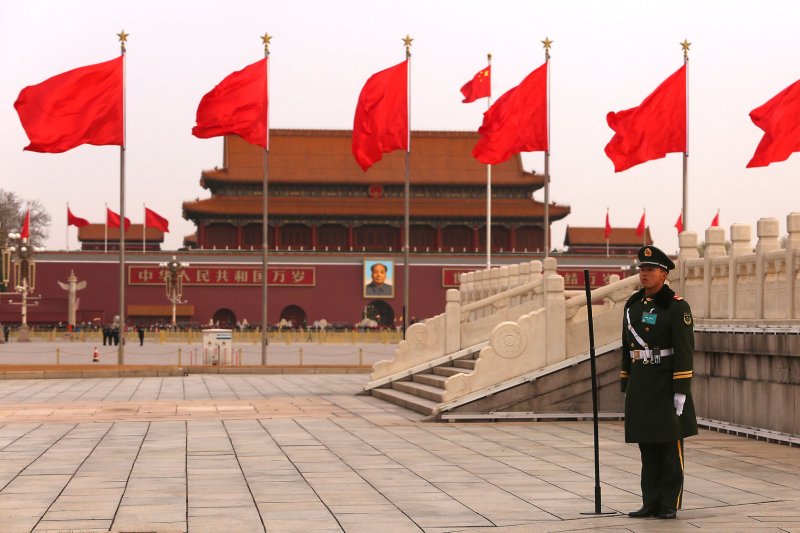Wry Catcher
Diamond Member
- Banned
- #1
"The U.S. Department of Commerce announced recommendations on February 16, 2018 to impose heavy tariffs or quotas on foreign producers of steel. This could help domestic steel producers, but it would harm U. S. manufacturing industries that use steel and products made of steel as inputs. The number of jobs in U.S. industries that use steel or inputs made of steel outnumber the number of jobs involved in the production of steel by roughly 80 to 1."
The Facts:
Econofact
Trump&Co. once again put politics first, and not our country.
The Facts:
Econofact
Trump&Co. once again put politics first, and not our country.




